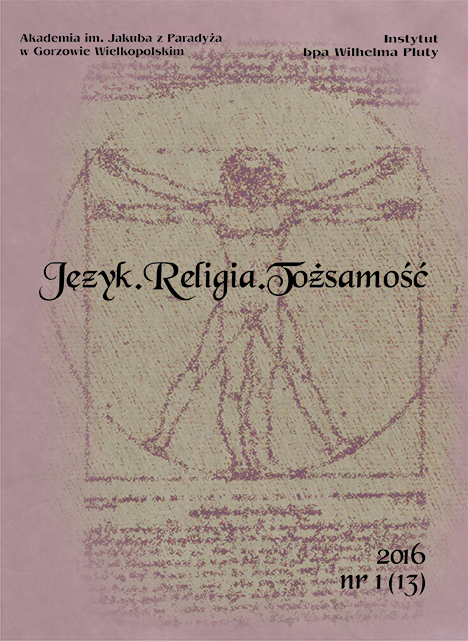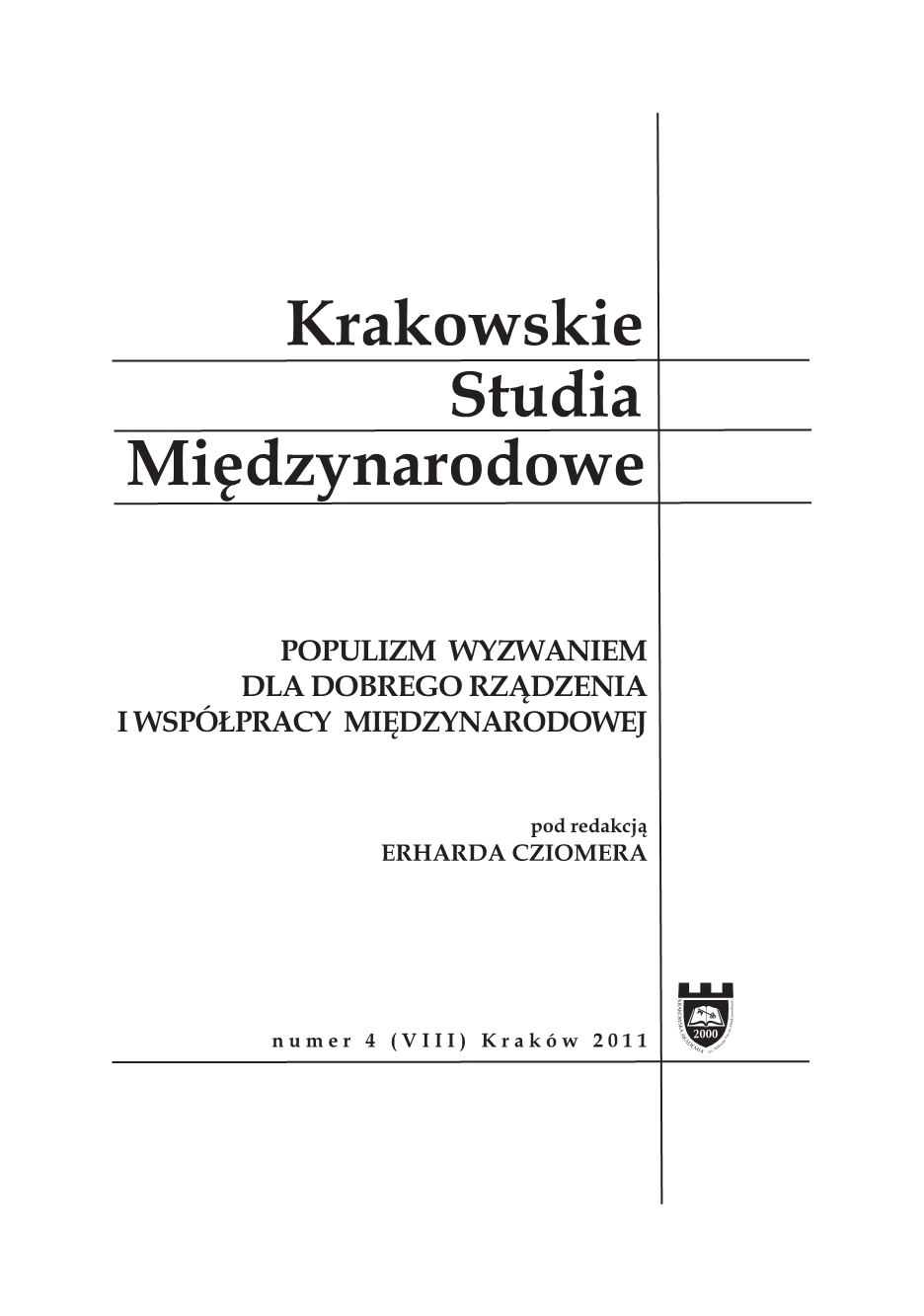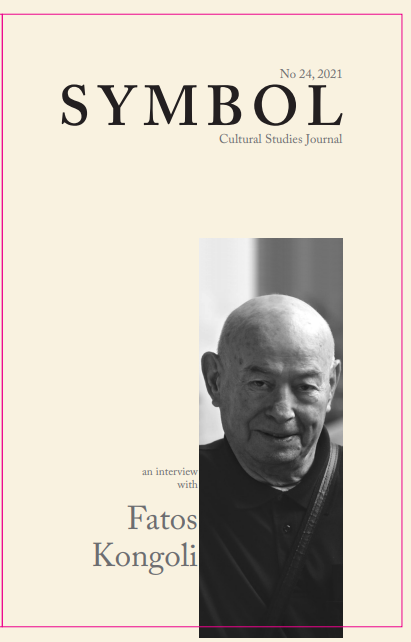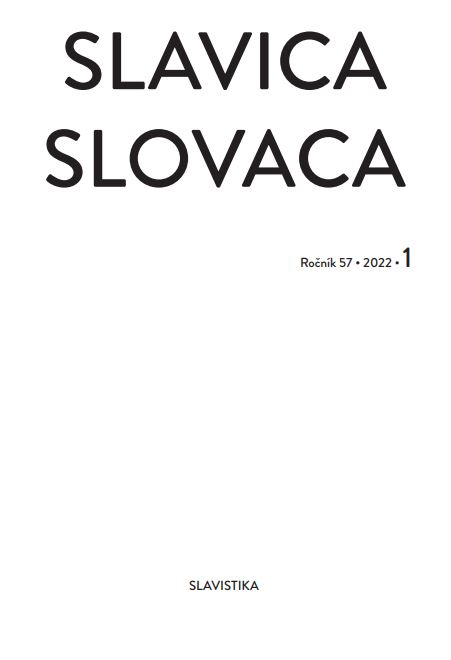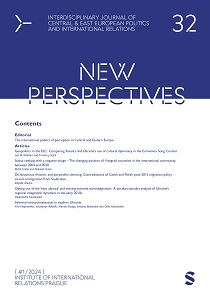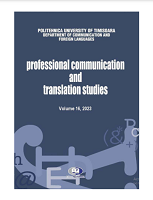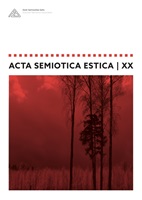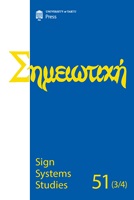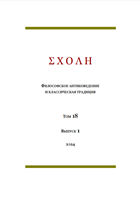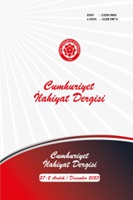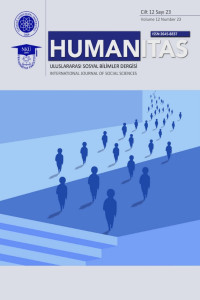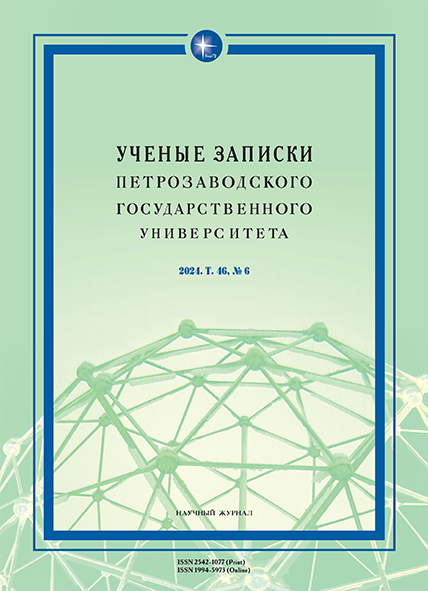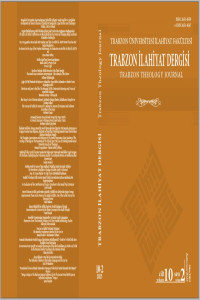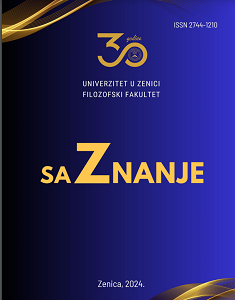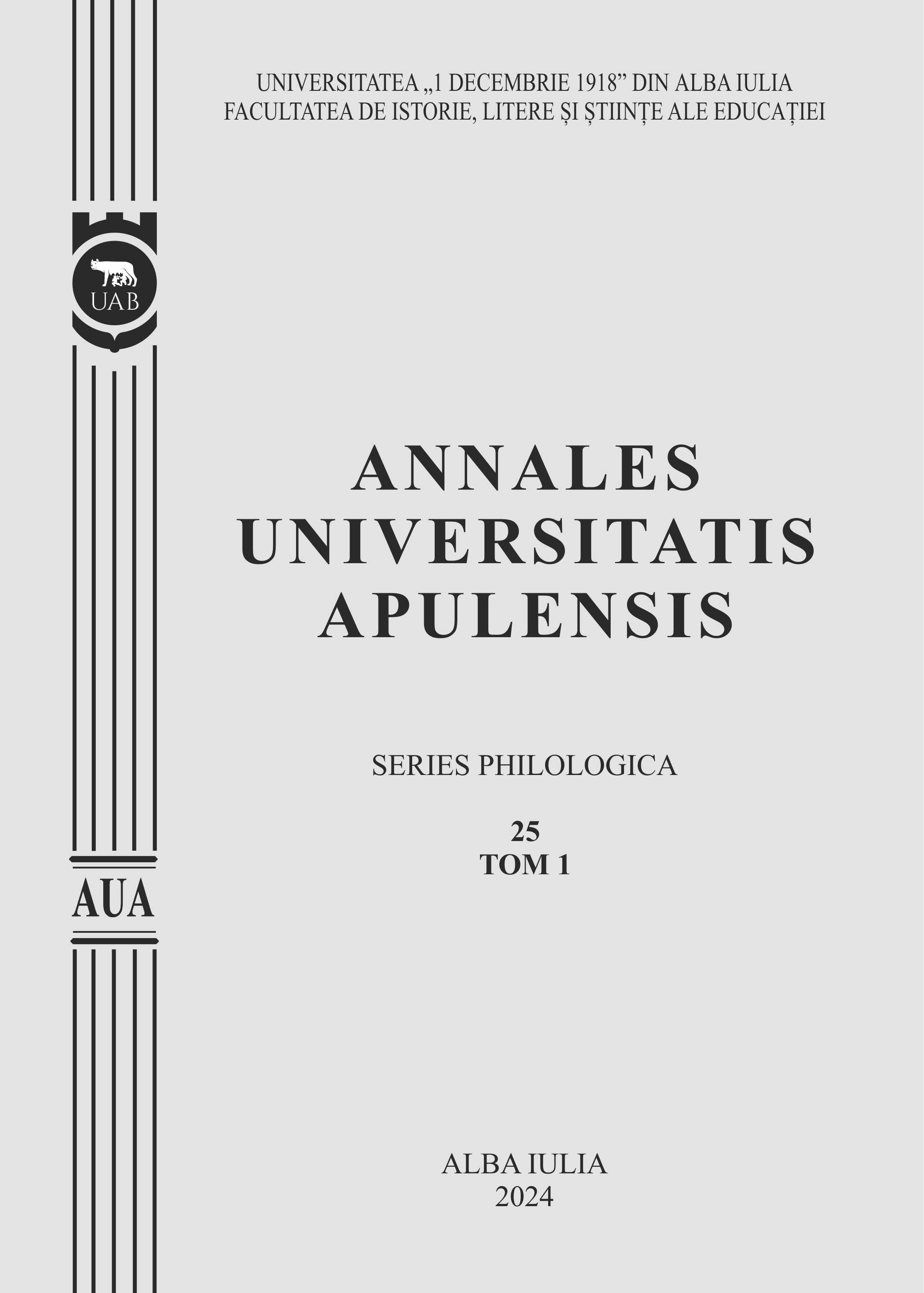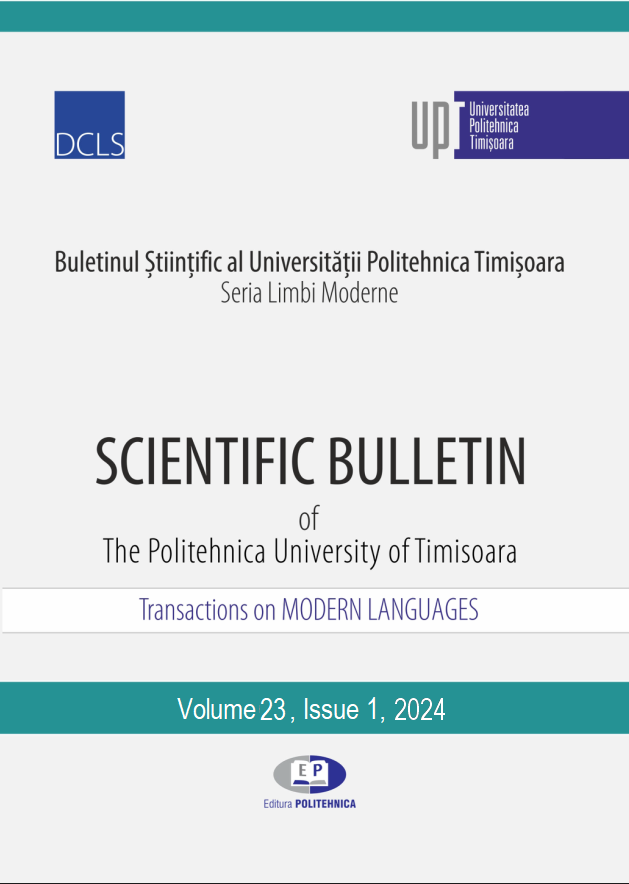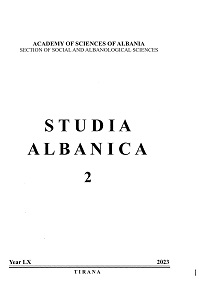Author(s): İsmail Bayer,Esra HACIMÜFTÜOĞLU / Language(s): Turkish
Issue: 2/2023
Religion, environment, tradition, needs, and character determine the framework of people's eating habits. In this context, a special area is reserved for nutrition in the Qur'an. One of the prominent words in the relevant field is “rizq,” referring to things that Allah gives to all creatures for their own benefit. Broadly, children, spouse, action, knowledge, and wisdom can also be evaluated in this context. This study aims to reach detailed data on the subject by examining the verses where the word rizq is mentioned in Surah al-Baqara in terms of language and rhetoric. In every language, but especially in the Arabic language, the words that make up the sentences, the forms of the words, the syntax of the sentence, the forms of expression, and the style are important while determining the meaning. First, the comparison method was applied in the determination of the eloquence subtleties that were taken as a basis in the study. By this method, we compared verses, sentences, and words with other related verses and possible/fictional sentences in different linguistic dimensions; determined the differences between them, and tested the results by applying them to the relevant text. Considering every linguistic structure in the Qur'anic style and investigating its meaning is essential for understanding the Qur'an. In such a reading, the presence as well as the absence of language elements should be taken into consideration and used effectively in determining the meaning. The words used in the Qur'an are fundamental because their presence or absence, the structure of words that they are used together, and the whole text constitute an important and different aspect of the conveyed message. In this paper, ten verses where the word rizq is mentioned in Surah al-Baqara are examined within the framework of the study method. Their application provides examples to a certain extent for the understanding of the specified method. Various data has been obtained about the concept of rizq as reflected in general social life. As rizq, the foods must be healthy and tasty as well as halal in terms of their ingredients and acquisition. The desire for foods of human body may vary according to various factors. However, prohibitions on food are based on reasonable, scientific, or religious reasons. The moral and philosophical dimensions of the subject are always present in the background of these justifications. One of the duties assigned to human beings is to obtain rizq within the framework of the possibilities and capabilities given to them in the world and to distribute it, if any, to those they are responsible for, creatures, and other needy people. It is a requirement of faith to utilize the rizq by considering its raison for existence and to ensure that the way of acquisition is legal and ethical. Legitimate acquisition, sharing, and distribution of what is acquired is primarily related to the sense of conscience. Therefore, it is not in the nature of faith to interfere with what is given to animals, plants, and other people as rizq. From this point of view, infaq plays an important role in understanding the concept of rizq. The Qur'an strongly expresses the desire of man to be fair and generous in the sharing of rizq.
More...
